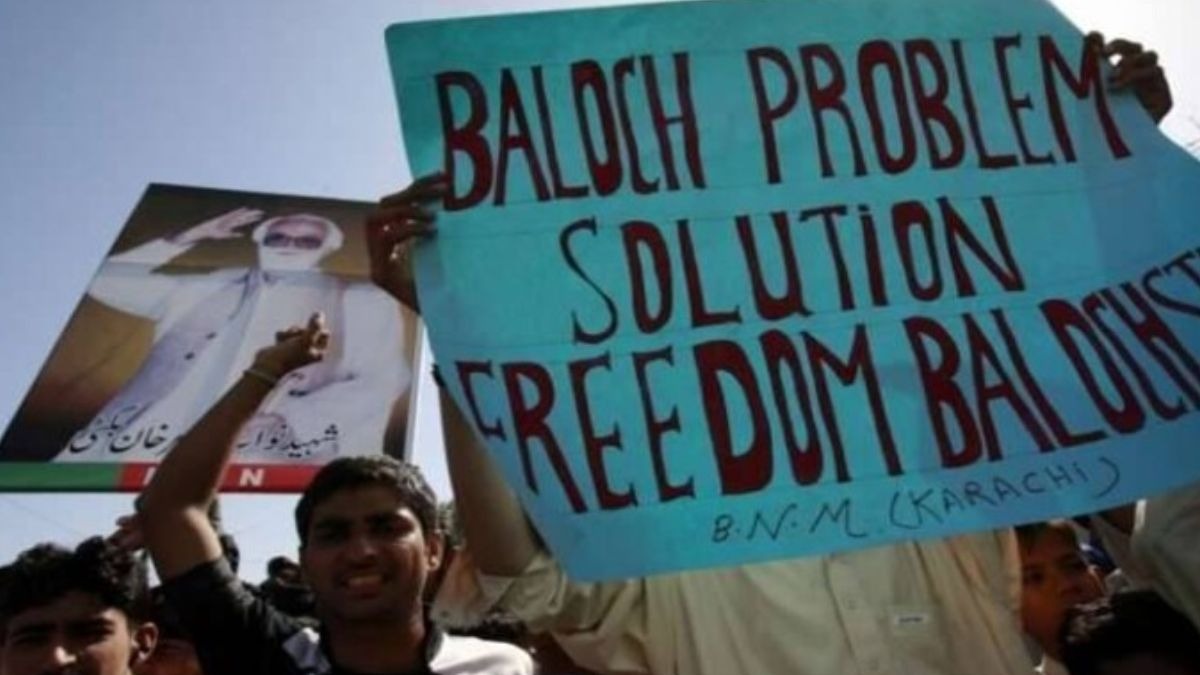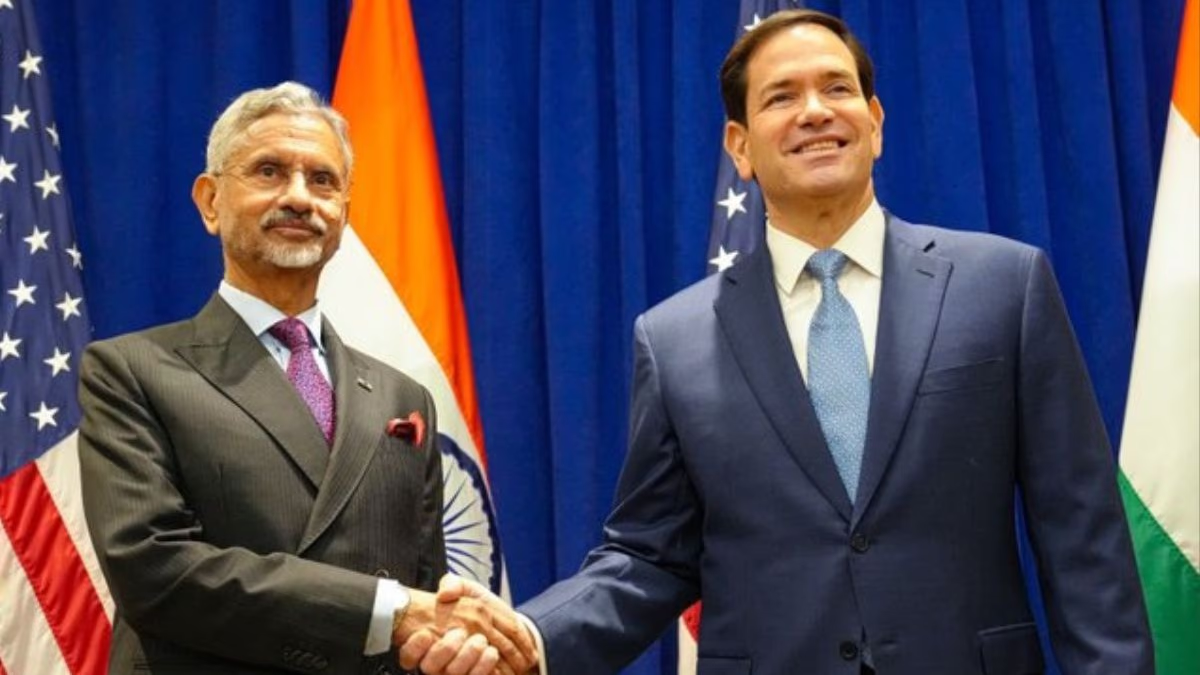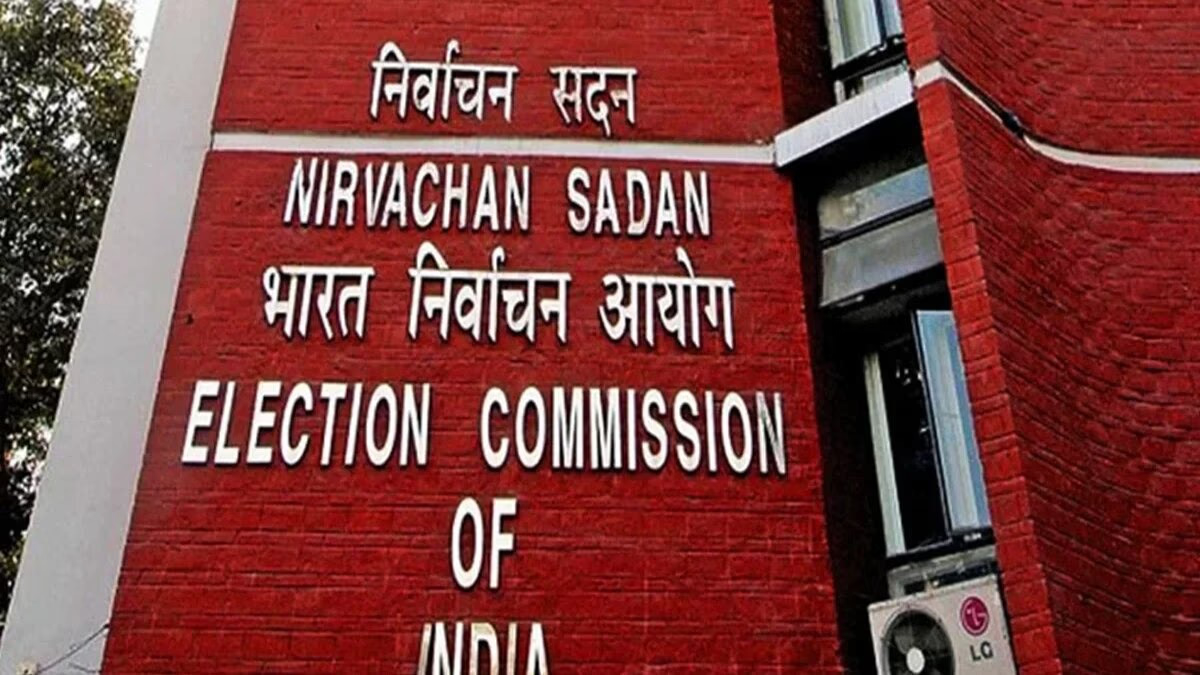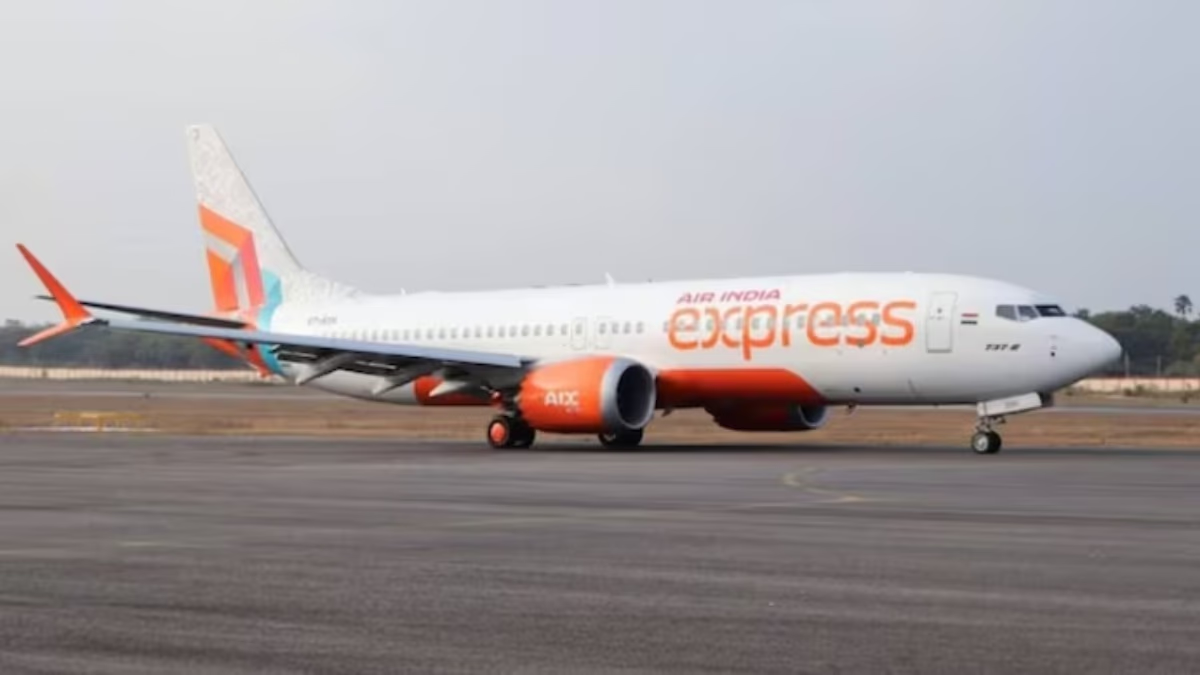The Pakistani Army has thwarted an attempted attack on the naval base in Turbat, Balochistan. Pakistan has labeled it as a terrorist assault.
The Pakistani Army's media wing, Inter-Services Public Relations (ISPR), claimed that terrorists had attempted to attack the PNS Siddiq base in Turbat on Monday night. The army responded promptly and foiled the attempt.
ISPR announced that in the counteraction, Frontier Corps Balochistan soldier, Noman Fareed, was killed. The Pakistani Army also claimed to have killed four militants in this action.
This attack came when, just days ago, there was a terrorist attack on the Gwadar Port in Balochistan, for which the Balochistan Liberation Army had taken responsibility.
Attacked from Three Sides
PNS Siddiq is Pakistan's second-largest naval airbase. The Balochistan Liberation Army's (BLA) Majeed Brigade has claimed responsibility for the attack.
According to the local media reports, commissioner of Makran Saeed Ahmad Umrani had relayed to 'Dawn' that heavy gunfire and bomb blasts were heard on Monday night. Attackers had reportedly tried to enter the airbase from three different sides and began firing, which was immediately countered, thwarting their efforts.
Local residents told 'Dawn' they heard about a dozen bomb blasts in the city of Turbat followed by gunfire starting around 10 p.m., which continued late into the night.
The BLA stated that the Majeed Brigade was behind the attack. The Pakistani government considers the BLA a terrorist and separatist organization, and it had been banned years ago.
Majeed Brigade named after two brothers, Majeed Langov Senior and Majeed Langov Junior, who were both killed in suicide attacks.
Reports indicate that Majeed Langov Senior carried out a suicide attack in 1974 and had tried to assassinate former Pakistani Prime Minister Zulfikar Ali Bhutto. When security forces raided Wahdat Colony, Majeed Langov Junior detonated a suicide attack to save his comrades.
Following Majeed Junior's death, the late BLA leader Aslam Achu formed a suicide bomber organization named Majeed Brigade. Their first suicide attack took place in December 2011, targeting Shafiq Mengal, the son of former Pakistani central minister Nasir Mengal.
According to 'Dawn', financial issues and a lack of suicide bombers hampered the brigade's ability to carry out further attacks for a long time. The brigade executed its second suicide attack in August 2018, targeting a bus carrying Chinese engineers.
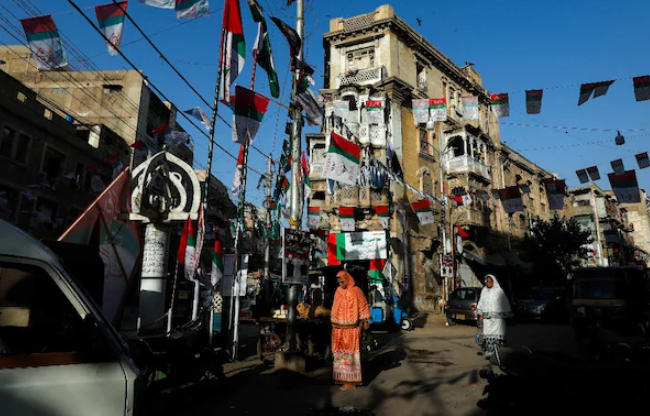
Source: aajtak
But What's the Issue in Balochistan?
After the partition in 1947, Balochistan became a part of Pakistan. However, the Baloch people claim they were forcibly integrated into Pakistan against their will, desiring independence ever since. This set off a conflict with the Pakistani government and military, which persists to this day.
Several organizations have been fighting for Balochistan's independence. It's believed that the confrontation between Balochistan and the Pakistani government dates back to 1948, with accusations of neglecting development and political representation.
Moreover, the voices of separatism and militancy rising in Balochistan have been suppressed by the Pakistani military and police. There have been numerous allegations against the Pakistani military for abducting, torturing, and killing Baloch activists.
The Prelude to Independence Struggle
Even before the ink had dried on the accession agreement, the rebellion started in Balochistan. Prince Abdul Karim, the younger brother of the Khan of Kalat, led a revolt against the agreement, igniting the Balochistan independence movement.
Since 1948, when the first conflict broke out between Balochistan and Pakistan, there have been several bouts of warfare, notably in 1958-59, 1962-63, and 1973-77. Multiple organizations have been fighting against the Pakistani government and military since 2003.
Pakistan has been accused of brutally suppressing these rebellions. An Amnesty International report reveals Pakistan's military abducts Baloch activists, teachers, journalists, and lawyers in a bid to silence the demand for freedom, eventually torturing and killing them.
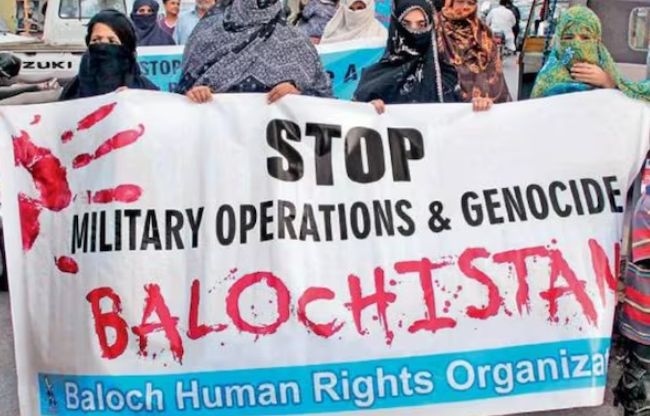
Source: aajtak
Terrorism or Separatism!
For several years, Balochistan was peaceful but has been disturbed since the 2000 formation of the Balochistan Liberation Army (BLA).
Like the BLA, the Balochistan Liberation Front (BLF) is another group. Though BLF was originally established in 1964, it was reactivated following the formation of the BLA after 2000.
Today, there are numerous organizations in Balochistan. While Pakistan labels them as terrorist organizations, they assert they are fighting for independence.
Baloch people have often accused the Pakistani government of neglecting them. Balochistan is rich in natural resources like gas and coal, yet it's also the least developed.
Balochistan: Pakistan's Largest Province
Balochistan spans across three countries: Pakistan, Afghanistan, and Iran. Its northern part stretches into Afghanistan's Nimruz, Helmand, and Kandahar provinces, while its western part lies within Iran, known as Sistan-Balochistan, with the remainder in Pakistan.
By area, it's Pakistan's largest province. Its name originates from the Baloch people who live there. The region spans around 350,000 square kilometers, comprising about 44% of Pakistan's land.
Though the largest, Balochistan is sparsely populated with just over 13 million residents. This region is abundant in natural resources, yet poverty prevails.
Baloch leaders have also blamed the lack of political representation, noting that despite its size, the province has only 17 seats in the National Assembly of Pakistan.
